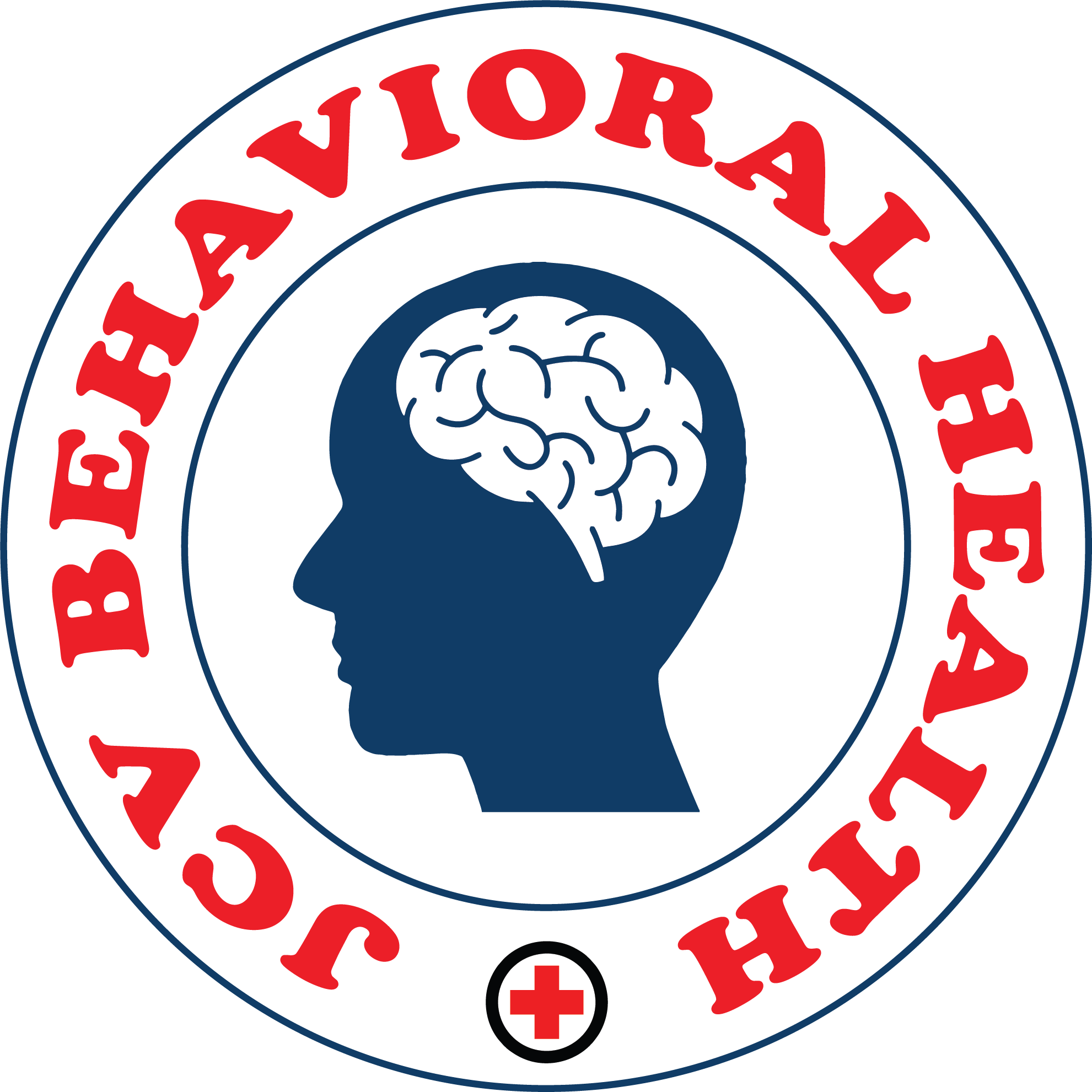Understanding heroin’s effects is crucial for families facing addiction. Knowing its dangers helps in making informed choices and finding treatment. If you or someone you care about struggles with heroin, seeking help is the first step to freedom.
At JCV Behavioral Health, we offer compassionate, complete treatment options. Connect with us virtually or as an inpatient. Learn about our programs. See how we can support your recovery.
What You Should Know About Heroin?
Heroin is a dangerous addiction. It comes from morphine, a strong relative of the opium poppy. It can appear as a fine white powder, a dark brown substance, or a sticky black tar. Many seek its brief euphoria, a tempting promise of a high. It draws them in.
However, this hides severe health risks. Users face the dangers of overdose, dependence, and long-term mental health issues. These consequences can haunt them.
Is Heroin a Depressant?
Yes, heroin is a CNS depressant. It slows brain activity and physical functions. This results in:
- Reduced heart rate
- Slowed breathing (respiratory depression)
- Lowered blood pressure
- Drowsiness and sedation
Heroin is a silent killer. It stifles vital functions and causes death. An overdose can cause respiratory failure, lead to a coma, or even result in death. Understanding these dangers is crucial awareness of the risks can save lives. These dangers affect both users and their loved ones. Families often struggle to help someone escape addiction’s grip.
Short-Term Effects of Heroin
- Intense euphoria and relaxation
- Slow breathing and heart rate
- Clouded thinking and drowsiness
- Dry mouth and flushed skin
- Nausea and vomiting
The Dangers of Heroin Abuse
Heroin use comes with many risks, both physical and psychological. Some of the most severe dangers include:
1. Addiction and Dependence
Heroin has a strong potential for addiction. It causes physical dependence and strong cravings. Users often have withdrawal symptoms when they try to stop. This makes quitting very hard without professional help.
2. Overdose Risk
Heroin entices without making a sound. It lulls the central nervous system to sleep. Too much can slow your breathing to a crawl. The consequences? Unconsciousness, coma, or even death. Overdoses are common. Heroin often teams up with dangerous partners like fentanyl. This combination amplifies its potency and increases the risk.
3. Infectious Diseases
Using unclean needles or sharing them raises the risk of HIV, hepatitis C, and other infections.
4. Mental Health Issues
Heroin use leads to deep despair. It causes severe depression and anxiety. The drug damages the brain’s dopamine production, taking away users’ ability to feel joy. As the effects wear off, emotional instability worsens. This chaos removes any remaining pleasure from life.
5. Physical Health Complications
Chronic heroin use can result in:
- Collapsed veins from frequent injections
- Liver and kidney damage
- Heart infections
- Chronic lung conditions
Signs of Heroin Addiction
Common indicators include:
- Behavioral Changes: A veil of secrecy falls. Friends and family drift away. Hobbies fade, replaced by a strange disinterest.
- Physical Symptoms: Eyes shrink to pinpoints, a clear sign. Weight drops significantly, and needle tracks reveal hidden stories. Drowsiness wraps around like a heavy blanket, pulling them down.
- Financial Struggles: Spending all money on heroin. Often stealing or borrowing to get by.
- Neglected Responsibilities: Falling grades in school. Poor performance at work. Missing important commitments.
If you see these signs in yourself or a loved one, seek professional help. It is the best course of action.
1. Medical Detoxification
Medications like methadone, buprenorphine, and naltrexone can assist in detox process. They reduce pain and cravings. Think of detox like cleaning a messy room. It removes the bad stuff so you can start fresh and recover.
2. Inpatient Rehabilitation
Inpatient rehab offers a structured setting for those with severe addiction. Behavioral therapy techniques, Cognitive Behavioral Therapy (CBT) can help.
3. Outpatient Treatment
Outpatient programs offer flexibility. They let individuals work or attend school while receiving therapy and support.
4. Behavioral Therapy and Counseling
Therapy helps people understand their addiction. It teaches healthier coping skills. And, it builds a support network for long-term recovery.
5. Aftercare and Long-Term Support
Recovery doesn’t end after rehab. Therapy, support groups like Narcotics Anonymous, and lifestyle changes help. They maintain long-term abstinence.
Conclusion
Heroin is a CNS depressant. It slows brain activity and bodily functions. It may cause a brief euphoria. But it has severe risks. They include addiction, overdose, and long-term health issues.
Heroin use is dangerous. Seeking treatment is crucial for recovery. Support exists for those wanting to escape addiction. If you or someone you know are struggling, contact JCV Behavioral Health for help. They offer expert guidance and treatment options.
FAQs
How does heroin affect the brain?
Heroin attaches to opioid receptors in the brain. This triggers a huge release of dopamine. Over time, it alters brain chemistry. This change leads to dependence and eventually, addiction.
How can someone recover from heroin addiction?
Recovery is a journey. It involves detox, therapy, and aftercare. At JCV Behavioral Health, we increase your chances of recovery. Think of us as a strong tailwind for your ship. Our dedicated support turns obstacles into stepping stones. We nurture your path to wellness.







